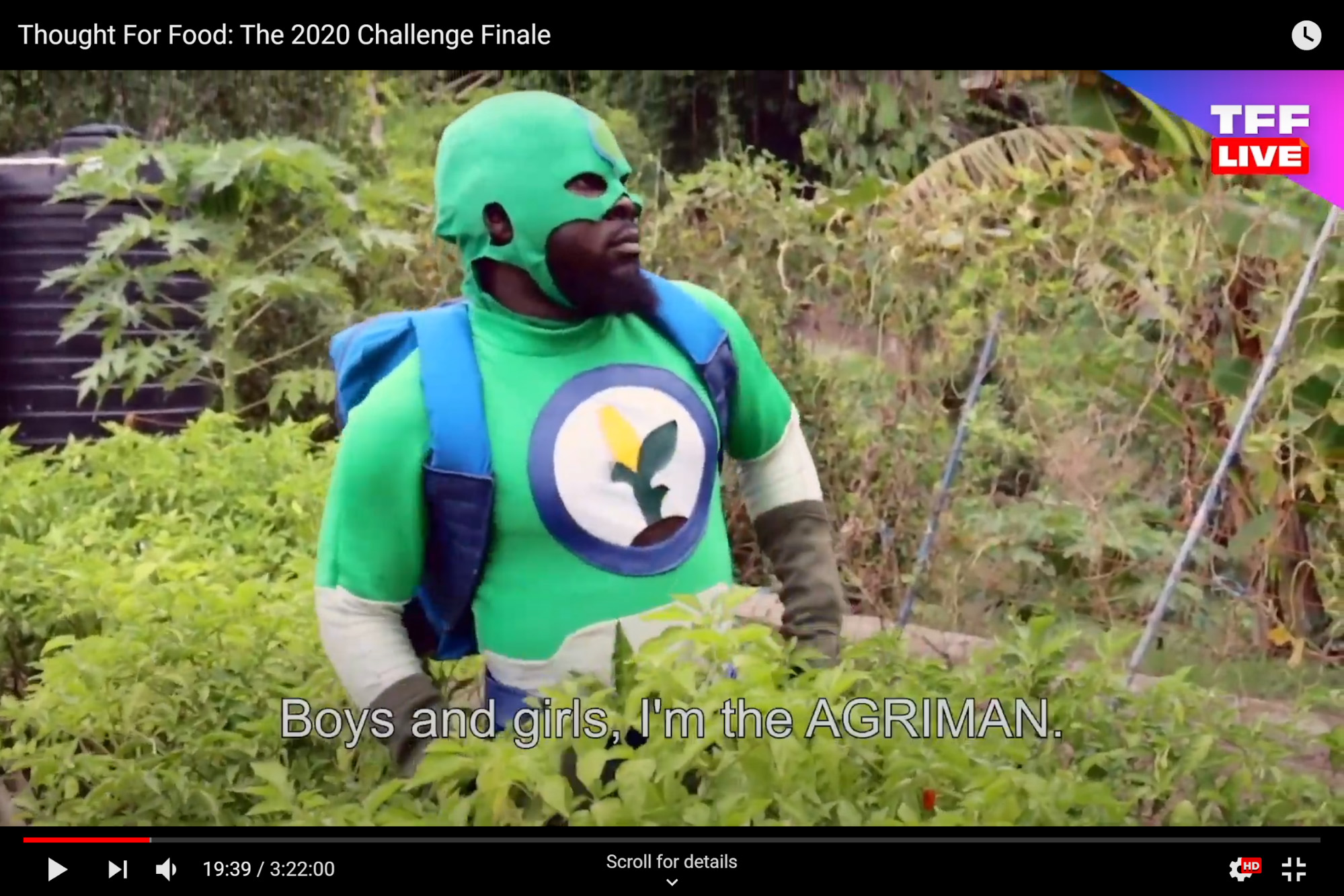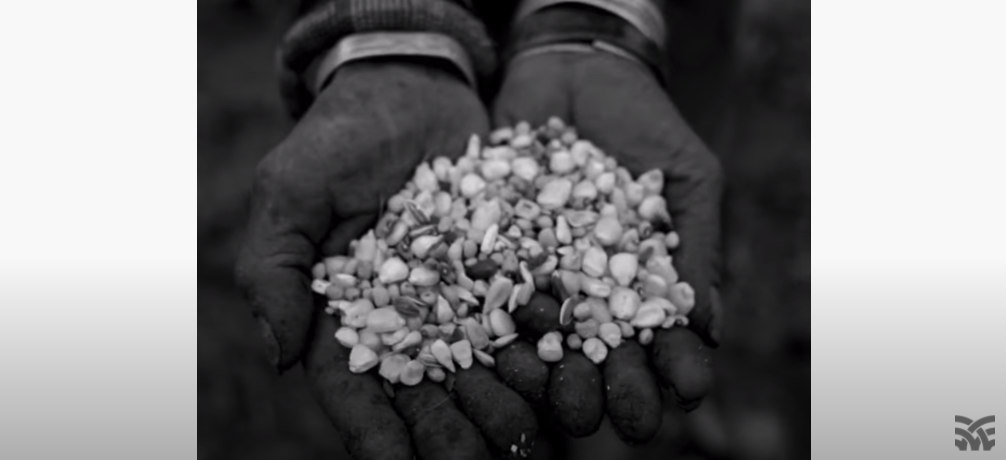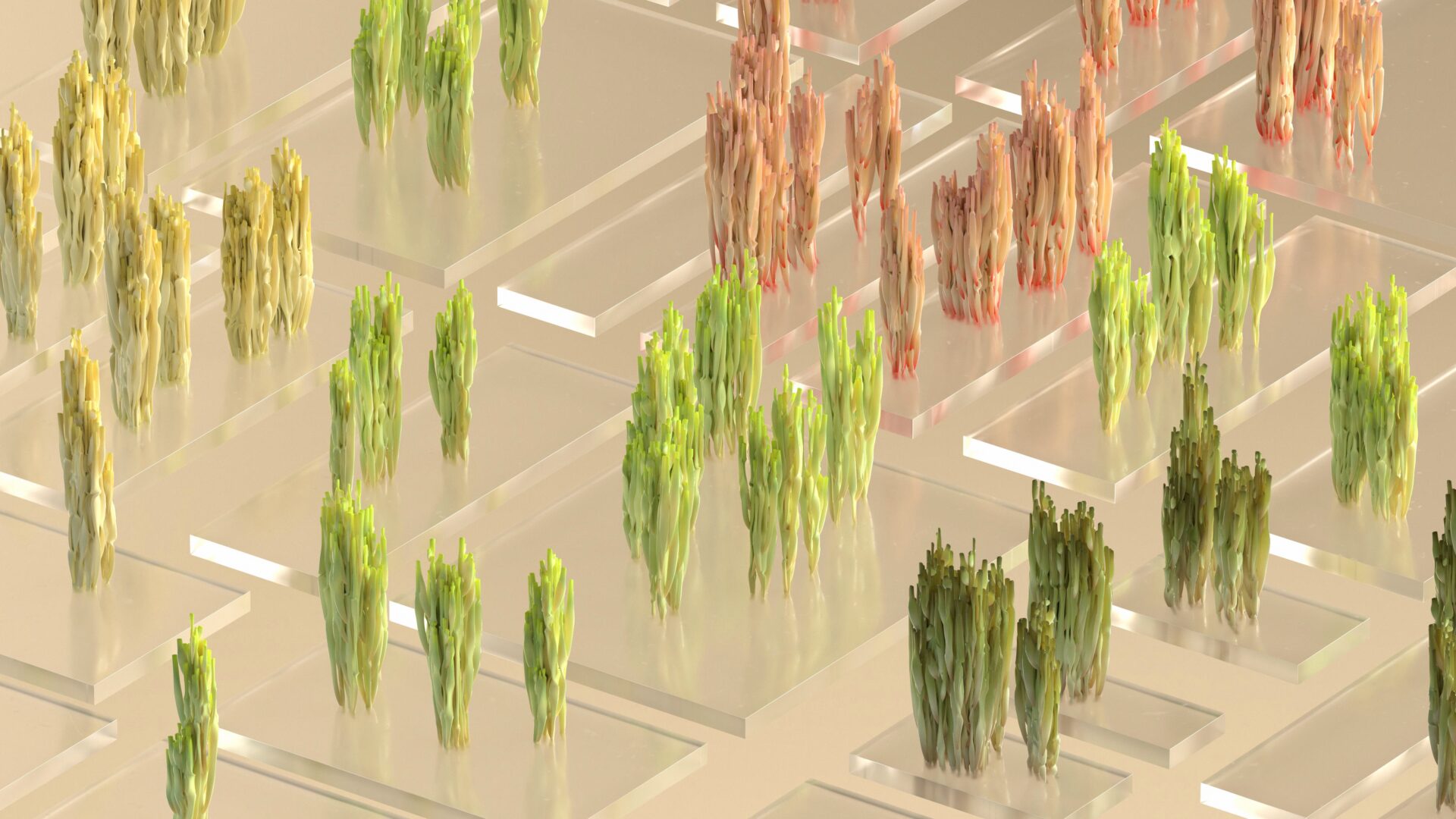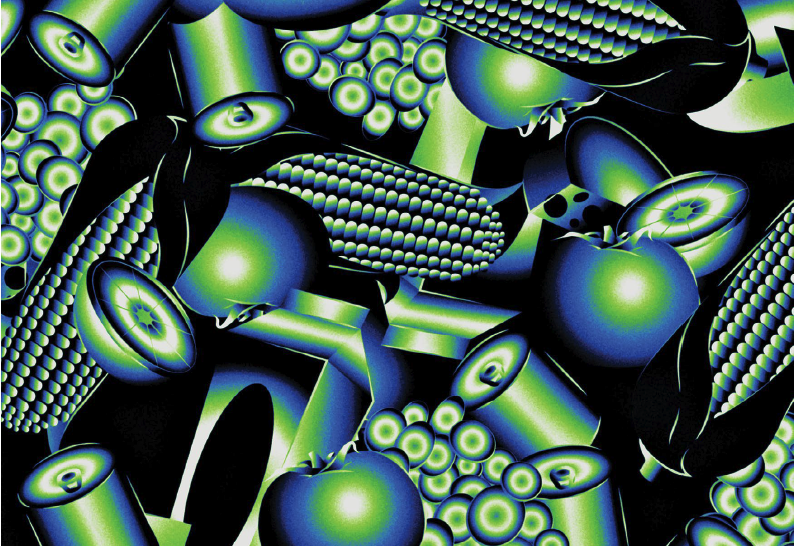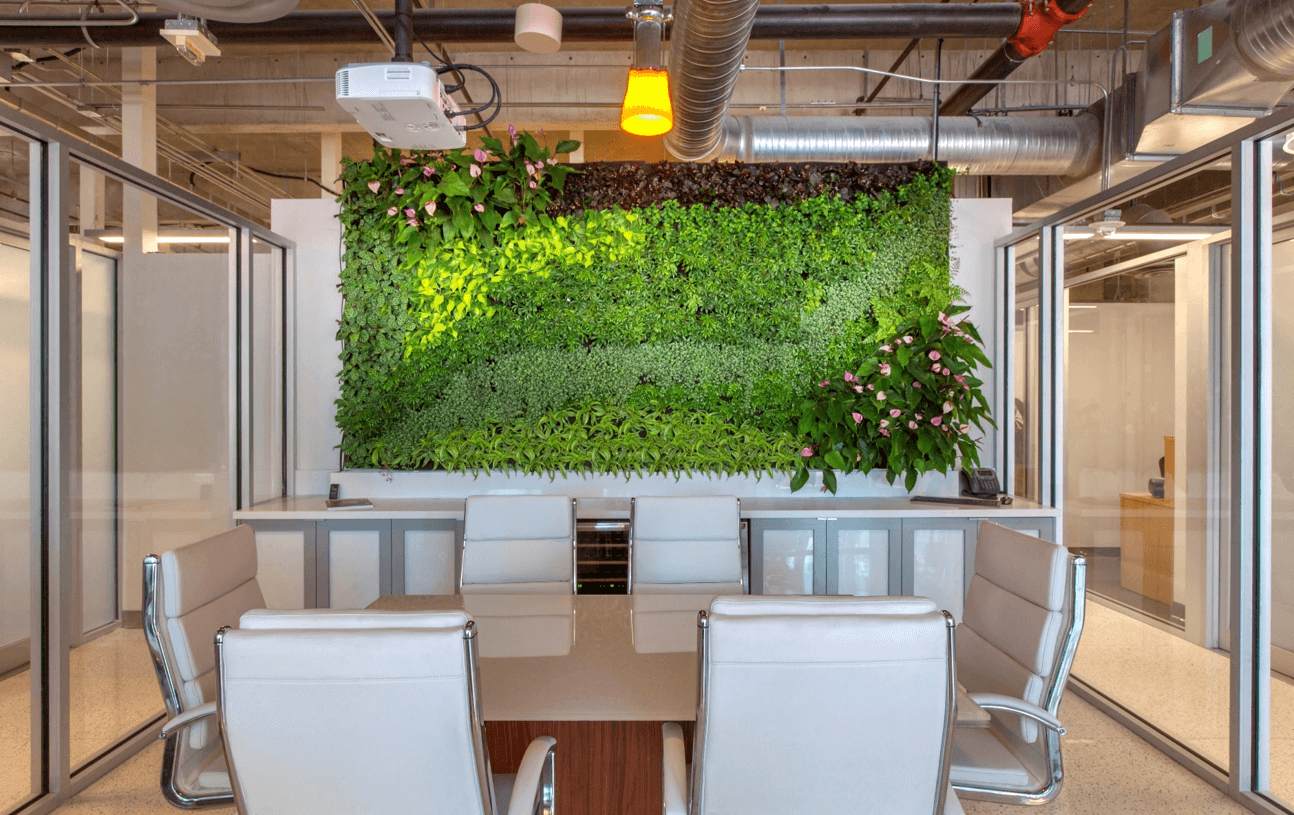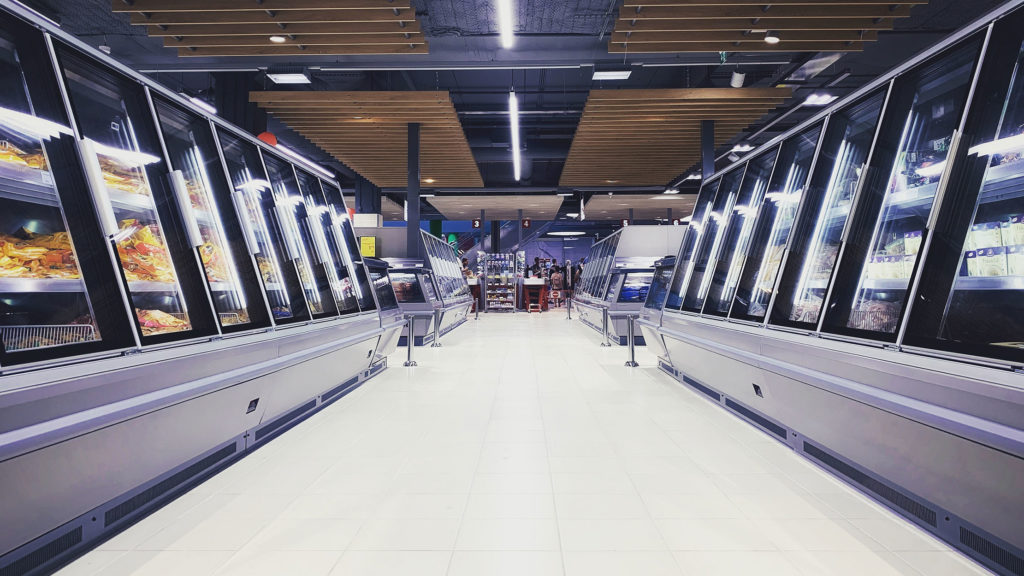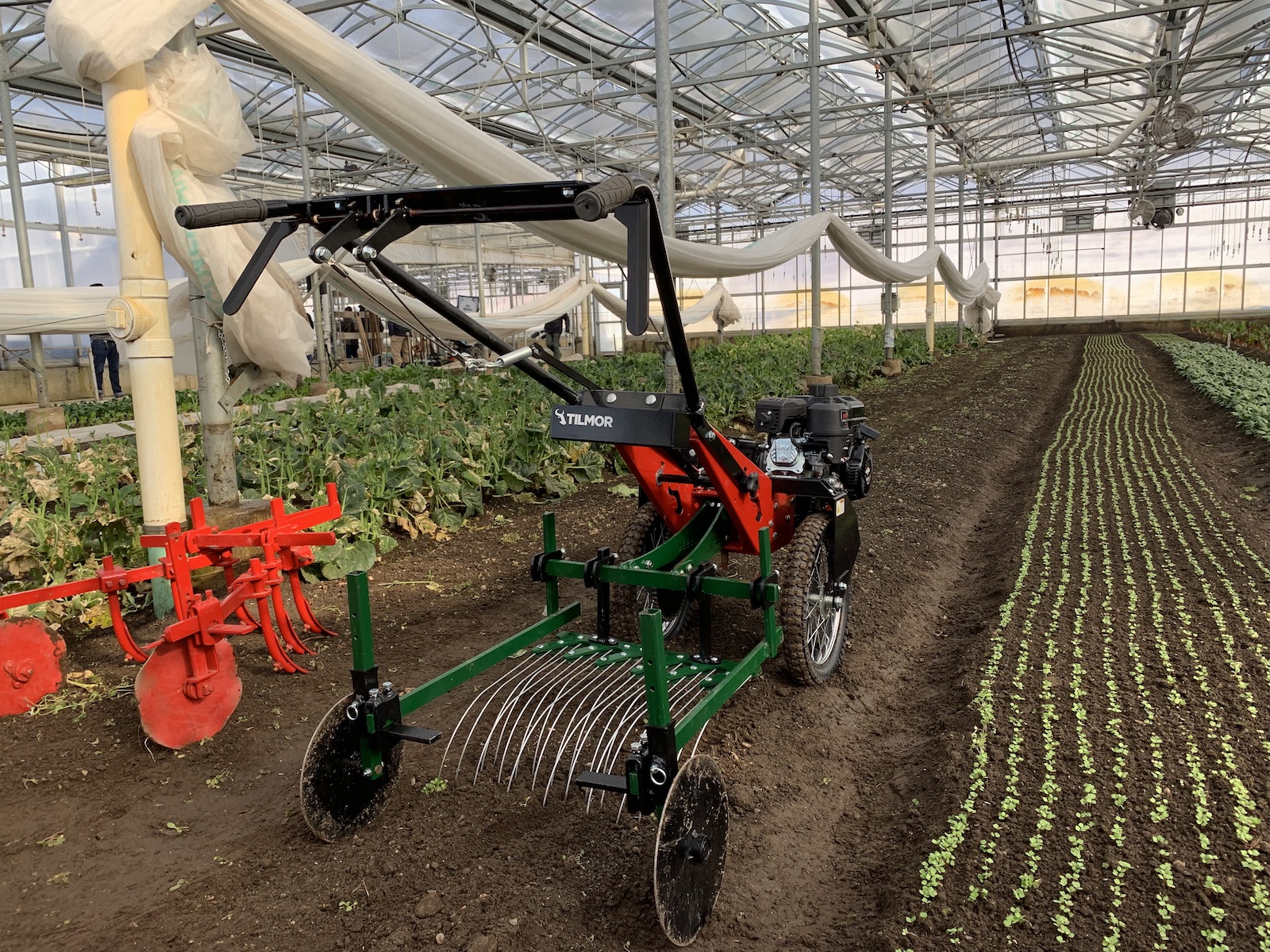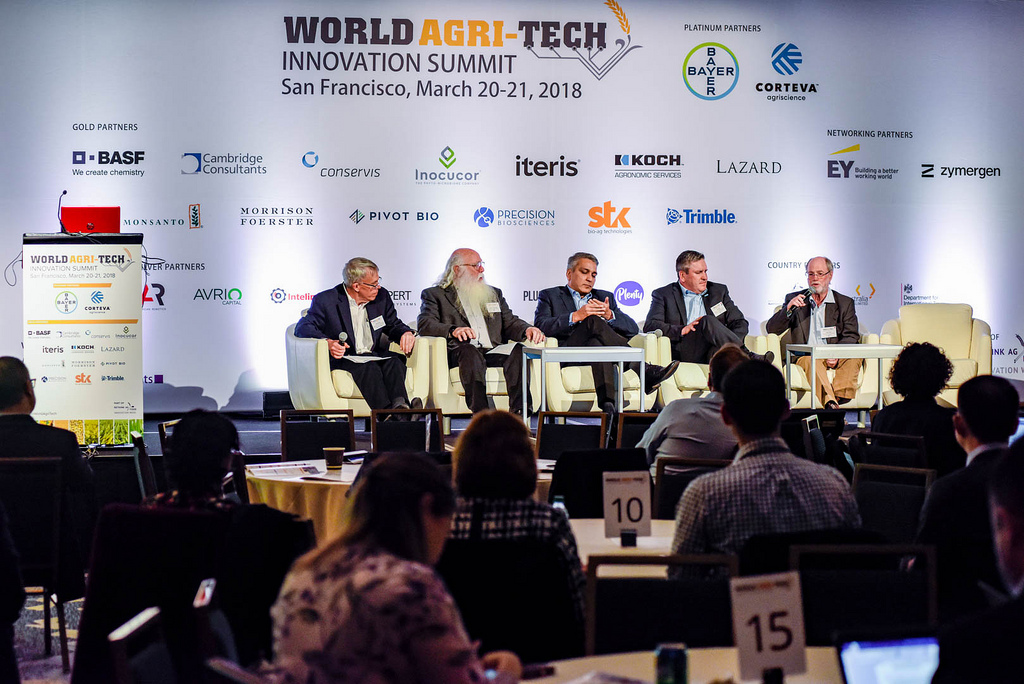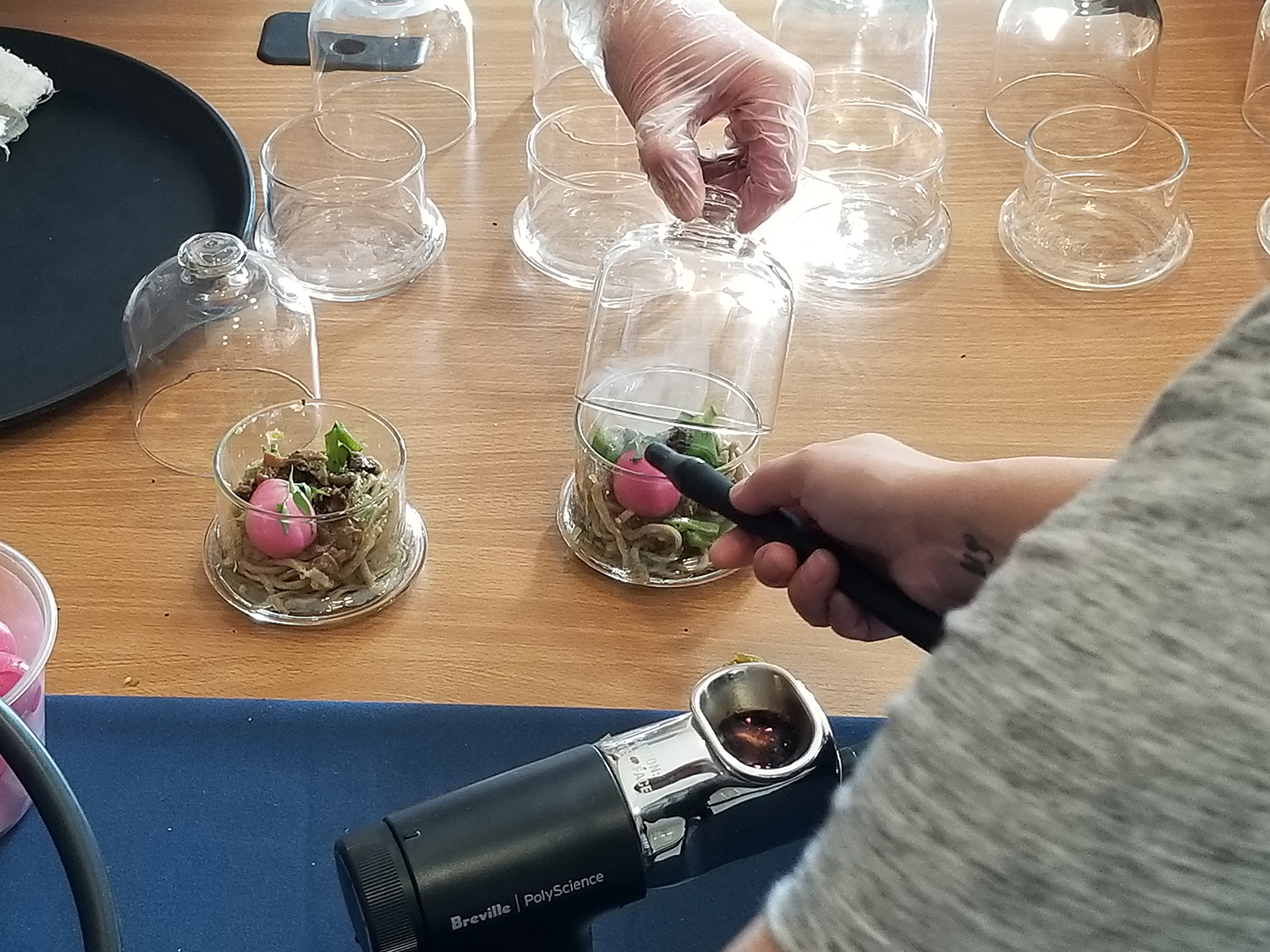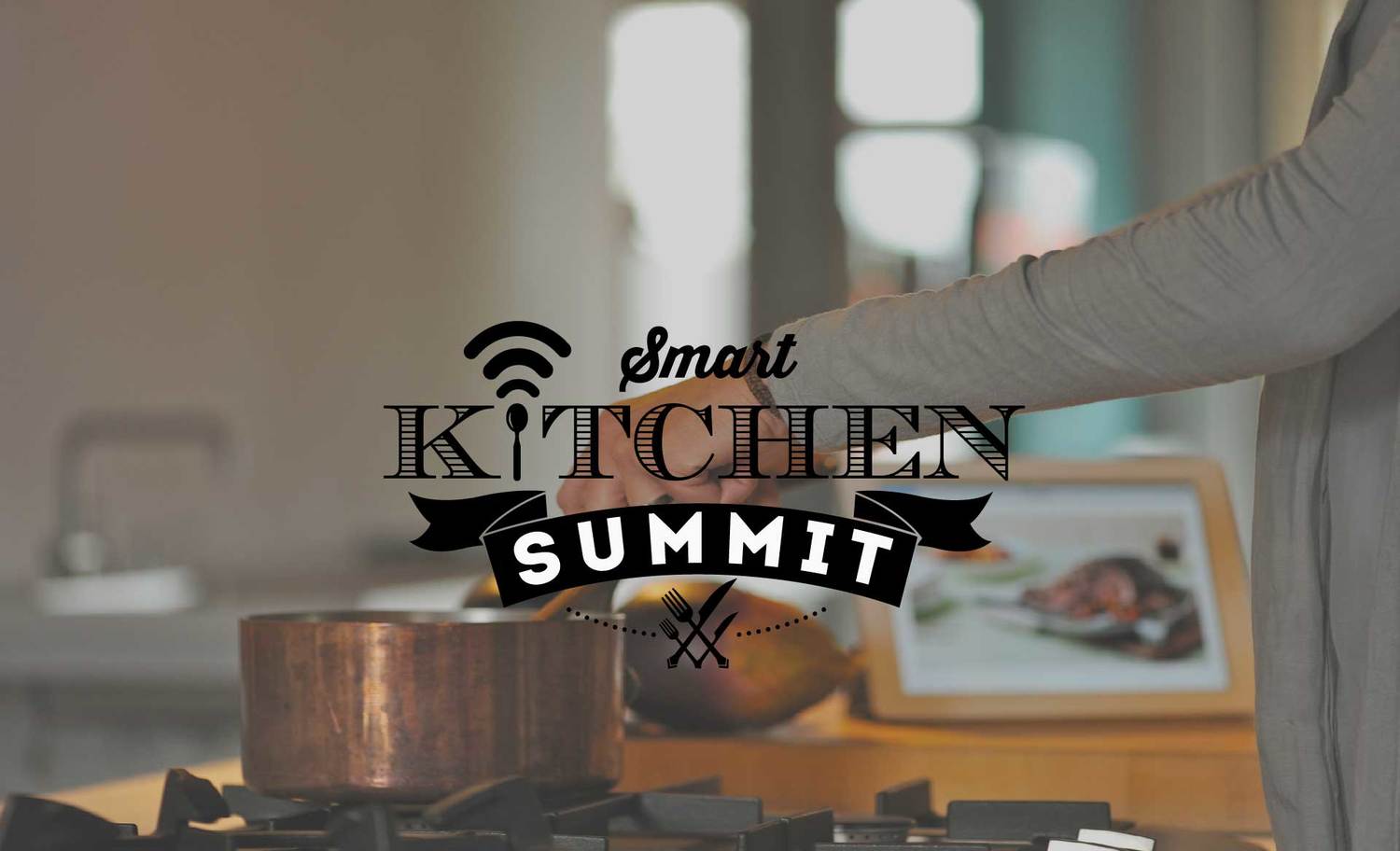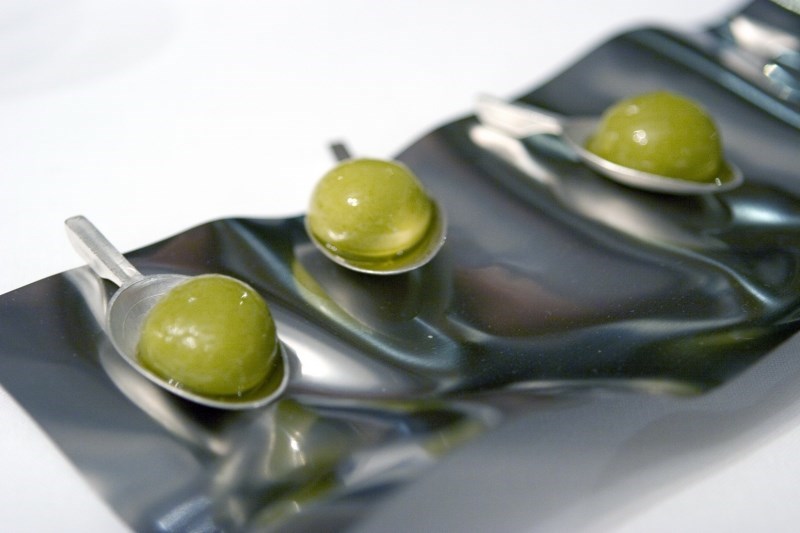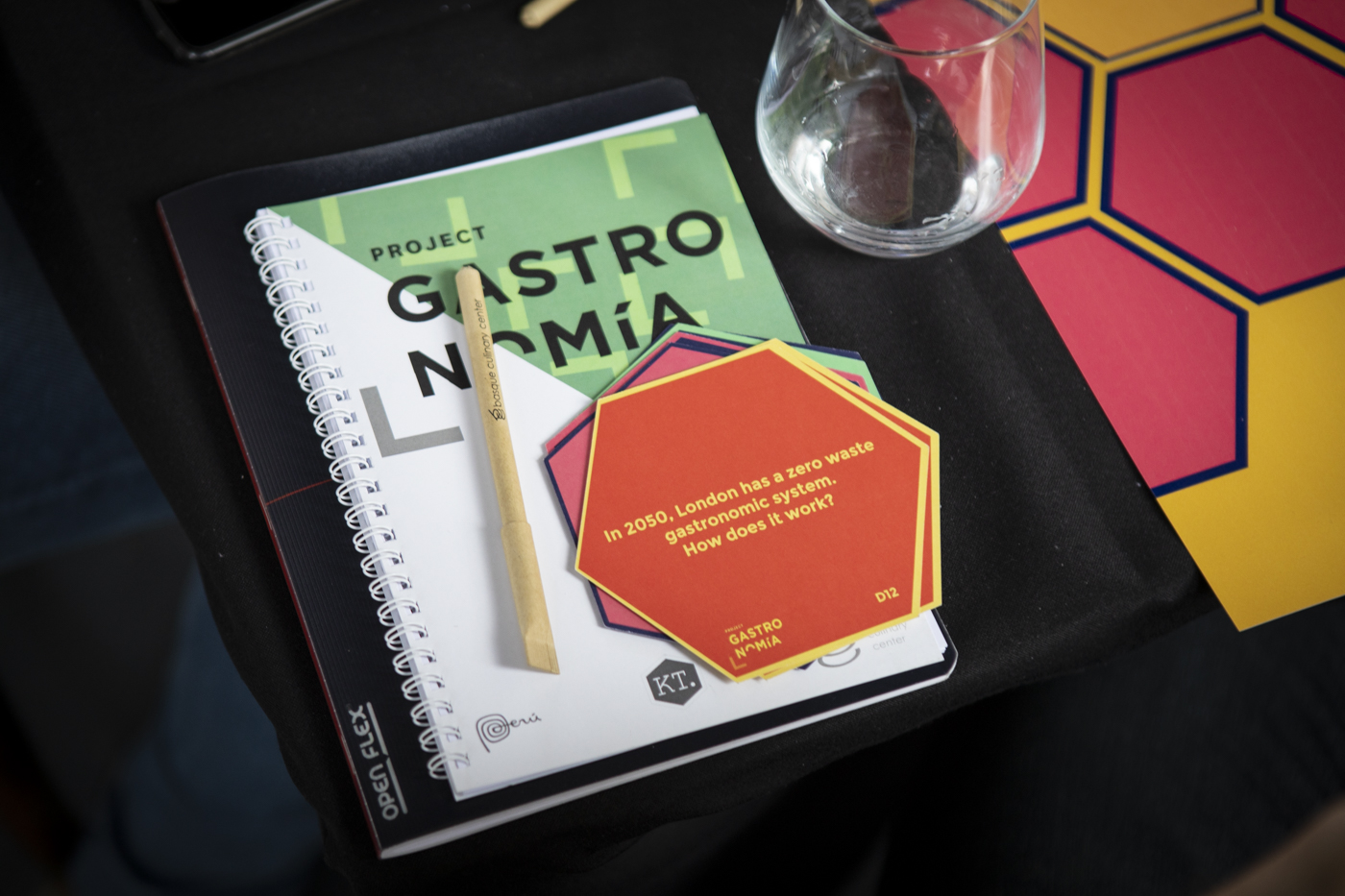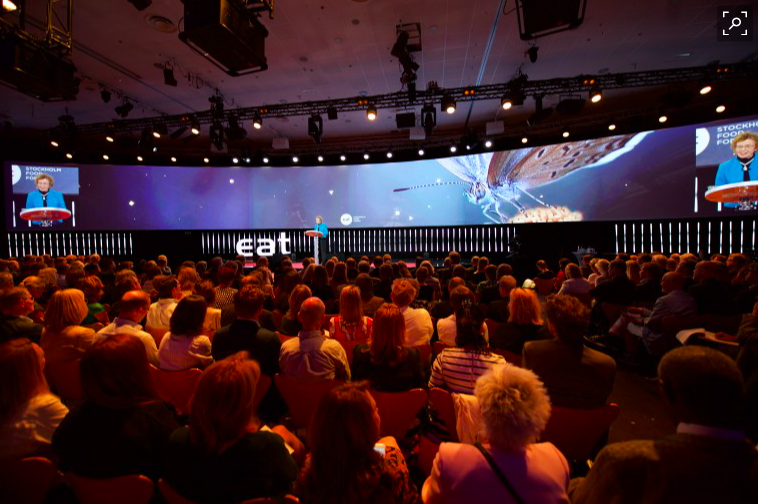How do we feed 9+ billion people by 2050? For the past five years, the Thought For Food innovation challenge has engaged university students in an annual, collaborative, competition to address the complexities of feeding a hungry planet. What’s next in food production? How are new business models being shaped by climate change and overpopulation? Can agriculture reinvent itself to overcome the challenges that we are facing in the 21st century? Last week, students, scientists, engineers, entrepreneurs, artists, designers, creators and some of the most bright minds in their fields met in Amsterdam to hear pitch ideas from the top 10 finalists in this year’s challenge and to find innovative answers to these questions.
Thought For Food (TFF) is the world’s leading platform for collaborative ideas and innovation in food and nutrition security. The challenges of food security, agricultural sustainability and nutrition might not be solved yet, but the ideas that will spur a food revolution could start as seeds here. After a rigorous application process that includes a mandatory design lab and video pitch, student finalists are sent to Startup Bootcamp to hone their ideas before pitching at the Thought For Food Global Summit where $15,000 in seed funding is awarded to the winning team. Now in its 5th annual meeting, the TFF Global Summit was a two-day celebration of collaborative innovation and team building.
The atmosphere at the TFF Summit is different from a conventional industry or academic meeting. Stepping into the venue, you can feel how vibrant and dynamic the event will be. The reason is the attendees: fewer people in suits and more participatory discussions; less talk about data but more about how to share it through open source networks. And no matter what your background, from students to start-up CEOs, everyone participates on a horizontal level sharing advice, failures and stories of pushing forward.
The entire program for the summit revolves around new forms of collaboration and participation. One morning is dedicated to more traditional keynotes, while the rest of the time is open to participatory debates, workshops, knowledge assemblies and art installations. Throughout the summit, a team of 14 “harvesters” collect insights, ideas and comments to be later published in a playbook that will reflect what was discussed at the summit.
On the second day, the Thought For Food Challenge pitches take place. The 10 finalist teams, selected out of more than 500 projects from 130 different countries pitch their start-up projects with up to $30,000 dollars of seed funding at stake. Projects range from a cattle facial recognition program to improve the health of the animals, affordable organic fertilizers from seaweed, an open data agro-commerce platform, to a low-cost dehydrator for fruits and vegetables, were presented this year. Youth, ambition and a sense of collaborative entrepreneurship were central to every team.
Day 1: Keynotes and Next Gen Assemblies
The keynote speakers provided context for the problems and possibilities available through creativity in food and agriculture. Guillaume Charny-Brunet, co-founder and director of innovation at IKEA’s SPACE10, introduced the audience to the work at The Farm Lab and the implementation of small-scale agricultural solutions in urban architecture that are not just mere concepts, but real work in progress. “The secret of change is not fighting the old but building the new,” he said at the end of his talk, a quote that will perfectly reflect the mood through the whole summit.
Tim O’Reilly, founder of O’Reilly media, gave a master class on how the increase of technology should be an opportunity to make knowledge and progress accessible to anyone. Koert van Mensvoort, an artist, philosopher founder of Next Nature Network, an Amsterdam-based agency the argues for a co-evolutionary relationship with technology. In his talk, Van Mensvoort presented his work on the possibilities of in-vitro meat, lab-grown meat from animal cells without the need of farming and butchering the animal.
The morning keynotes wrapped up with a perspective from the food industry on innovation. Ellen de Brabander is senior vice-president at PepsiCo and CEO of the European Institute of Innovation and Technology Food. She has a wealth of experience in the ideation and development of new products in various industries including the agricultural and food sector. At the TFF Global Summit, she presented the importance for PepsiCo to work with start-ups to innovate and create more sustainable, excellent tasting, nutritious and safer products.
After the keynote talks, the Next Gen Assemblies provided the opportunity to explore topics in a more intimate setting. These sessions included a short presentation and discussion, allowing attendees to participate in practical cases led by a team of experts. Walking by the different sessions, we overheard ideas on leveraging tools such as open business models, use cases for the future of urban spaces and farms, and how new ingredients might reshape the future of food.
Agriculture, at the very bottom of the food production chain, was at the top of mind in many of these sessions. Experts in different disciplines brought their experiences and ideas about the distribution of wealth across small stakeholders. A circle formed by engineers from Uganda, coffee certification officers from Brazil and NGO workers came to an agreement about how new technologies like robotics and communications will improve the ability of farmers to manage their crops—3D printing, drones, the internet and open source systems can help farmers maximize their products by giving them control of further steps in the production chain.
In fact, some farmers in more developed markets are already accessing newly sustainable fertilizers, transforming their produce into supermarket products without a middleman or using apps to directly market their crops. But bringing these technologies to rural areas or to developing countries is still a challenge. Some solutions offered by participants include microcredit systems for farmers and (the more controversial idea) treating food as part of the commons, a public and free available good for everyone.
Day 2: Finalist Pitch + Challenge Winners
The second day started with a rave at 9AM, yes you read that right. It was clear that the students representing universities all over the world in the Thought For Food Challenge were going to be the absolute protagonists. You could feel the nervous excitement in the air as the time for the finalist’s pitch in front of the judges approached.
The “Take it to the Farmer” award, $2500 for impacting the lives of farmers, went to the From Challenge to Opportunity team, an initiative from India and Switzerland that uses proceeds of the sales from a new seaweed-based fertilizer to provide nutritious seaweed-based cookies to malnourished children. The Syngenta Open Business Model Prize of $5000 went to the WasteBuster from Malaysia, for their idea to create a snack from a shelf-stable powder ingredient based on fruit and vegetable scraps. The powder can also be used in a humanitarian crisis and will be available to everyone under a Creative Commons license.
The surprise of the night came when the AgroSpheres team received both the Kirchner Food Fellows award for best investment ($5000) and the Runner-Up Prize ($7500) for their enzyme delivery system that degrades pesticides in a matter of hours. But the real surprise came when the members of this team from University of Virginia decided to share their prize money with the teams from Climate Edge (UK), a weather sensing product and app, and Sparky (Uganda), a thermo-dehydrator for fruits and vegetables.
Finally, the grand prize of $10,000 in seed funding went to Cultivando Futuro, a team from Colombia that will create an agro-commerce tool based on open-data that facilitates direct sales between farmers, buyers and explorers.
Following the ceremony was a big party. And it wasn’t just dancing and celebration; you could still listen to the inspired participants sharing their future plans and ideas for their projects, hoping that their ideas might define the future of food and agriculture.






